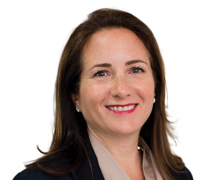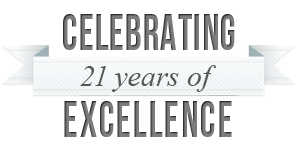Looking back on my career, I’m compelled to share an event that may seem meaningless to some but changed the course of my professional life and influenced my future interactions. It was 1989. I had been on Wall Street for a few years, and while the business was fascinating, the roles I had were primarily in support of others and not reflective of my goals and ambitions. I was a sales assistant at Oppenheimer & Co. I met with an internal recruiter who asked me what I wanted to do. I explained that I was tied to another’s production and wanted greater accountability and control. Ideally, what I truly wanted was a trading job.
Several months later, I received a call from an external recruiter who told me I had been recommended for a job, a trading job. My first question was, Who recommended me? The recruiter said he couldn’t tell me, but if I got the job he’d disclose who made the recommendation. I got the job. It turns out, the internal recruiter had recommended me for the job, although his objective was to keep talented people at Oppenheimer. He took a risk with me. Needless to say, that job changed the direction of my career and enabled me to build a new set of skills. I never forgot his act of kindness and despite great efforts to reconnect with him I did not have the opportunity to thank him at the time. Nearly twenty years later, I was able to find him on LinkedIn and properly thank him.
His simple actions had a profound impact on my life, both in terms of my career path and my perspective on helping others. My approach to networking is simple: Feed your network via simple acts of kindness with no expectation of immediate return. Try to be a resource to others, thinking creatively of how you can help them regardless of their position.
The unexpected result is that not only does it feel good to help others, there is powerful scientific evidence that kindness creates a virtuous cycle that promotes lasting happiness. Some of the best advice I can offer is to be a proactive connector and always ask yourself this question: How can I help this person?
I encourage you to try it.
What does it take to succeed and stay competitive in your position/field?
The global financial landscape is constantly evolving. As a result, a desire to constantly learn is critical to remaining competitive. It’s not only important to know global finance, but geopolitics, technology, and regulation.
Has discrimination affected you as a woman in the workplace? How did you deal with it?
I chose to be a trailblazer. Often, I found myself to be the only woman on the trading desk. Adaptability along with a positive attitude was essential for me.
What advice would you give young women building/preparing for a career?
The tape that plays in your head can either say “I can’t do this” or “I can do this.” You make that decision.







